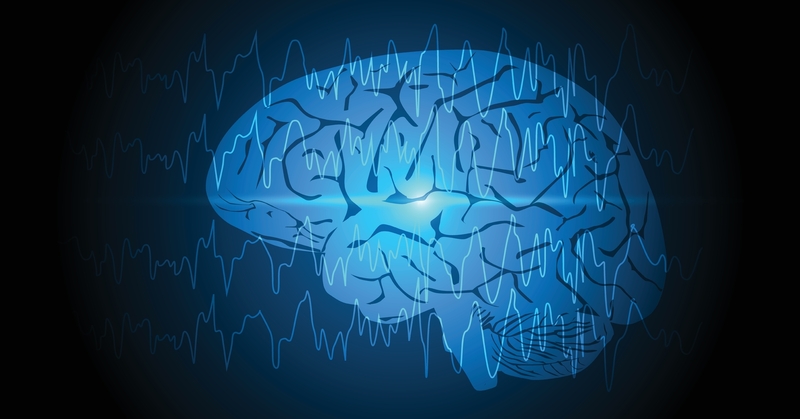
Not sure if having a seizure means you have epilepsy? Here’s how to tell the difference.
When someone has a seizure, does it mean they have epilepsy? This is a common question surrounding seizures and the answer is “not always.” People can have seizures for a wide variety of reasons. They may experience a single seizure and then never have one again in their lifetime. But if they have recurrent seizures, the condition is typically referred to as epilepsy.
What is a seizure?
A seizure occurs due to abnormal electrical activity in the nerves of the brain. There are many different things that can cause a seizure, including:
- Fever
- Head injuries
- Infections, like meningitis
- Very high blood pressure
- Stroke
- Brain tumor
- Kidney or liver failure
- Diabetes
- Low blood sugar
- Imbalanced electrolytes
- Reaction to medication
- Alcohol or drug withdrawal
- Epilepsy
What is epilepsy?
Epilepsy is a chronic neurologic disorder that causes repeated seizures. If a seizure can be explained by one of the causes listed above (except epilepsy), it may be referred to as a non-epileptic seizure. But if there is no known cause or the seizures occur more than once, you may be diagnosed with epilepsy.
Some types of epilepsy are more common in children, while others are more likely to occur in adults. Depending on the type of epilepsy you have, seizures may be triggered by internal stimuli, such as emotions, or external stimuli, such as lights or changes in temperature.
Epilepsy can be due to genetics or may arise following head trauma, brain damage, brain tumors, stroke, infections affecting the neurological system or drug and alcohol use or withdrawal. In some cases, the exact cause of epilepsy is not known.
Are all seizures the same?
There are several types of seizures. Some seizures, called simple focal seizures, affect just a small part of the brain and have symptoms that are barely noticeable. You may just experience a small twitch, for example. A petit mal seizure may cause you to lose focus, blink rapidly or stare into space for a few seconds. A grand mal seizure may cause you to experience strong muscle twitching or contractions and fall to the ground. Seizures may cause a variety of symptoms, including:
- Muscle jerking/twitching
- Loss of muscle control
- Spasms
- Weakness
- Loss of balance
- Vision changes
- Dizziness
- Rapid eye movements/blinking
- Headache
- Teeth clenching
- Tongue biting
- Loss of bladder/bowel control
- Nausea
- Anxiousness
- Confusion
- Loss of consciousness
Some people notice an unusual sensation or an aura shortly before a seizure begins.
If you experience any symptoms that may be due to a seizure, see a doctor for a thorough evaluation and diagnosis.
“Roughly 3.4 million people in the United States have epilepsy and the majority can become seizure free with appropriate treatment. Untreated seizures can result in injuries, loss of work or driving privileges, and worsening mental health concerns. Talk to your doctor if you experience any symptoms that could resemble a seizure”.
Copyright 2023 © Baldwin Publishing, Inc. Health eCooks® is a registered trademark of Baldwin Publishing, Inc. Cook eKitchen™ is a designated trademark of Baldwin Publishing, Inc. Any duplication or distribution of the information contained herein without the express approval of Baldwin Publishing, Inc. is strictly prohibited.
Date Last Reviewed: September 19, 2023
Editorial Review: Andrea Cohen, Editorial Director, Baldwin Publishing, Inc. Contact Editor
Medical Review: Perry Pitkow, MD
Learn more about Baldwin Publishing Inc. editorial policy, privacy policy, ADA compliance and sponsorship policy.
No information provided by Baldwin Publishing, Inc. in any article is a substitute for medical advice or treatment for any medical condition. Baldwin Publishing, Inc. strongly suggests that you use this information in consultation with your doctor or other health professional. Use or viewing of any Baldwin Publishing, Inc. article signifies your understanding and agreement to the disclaimer and acceptance of these terms of use.